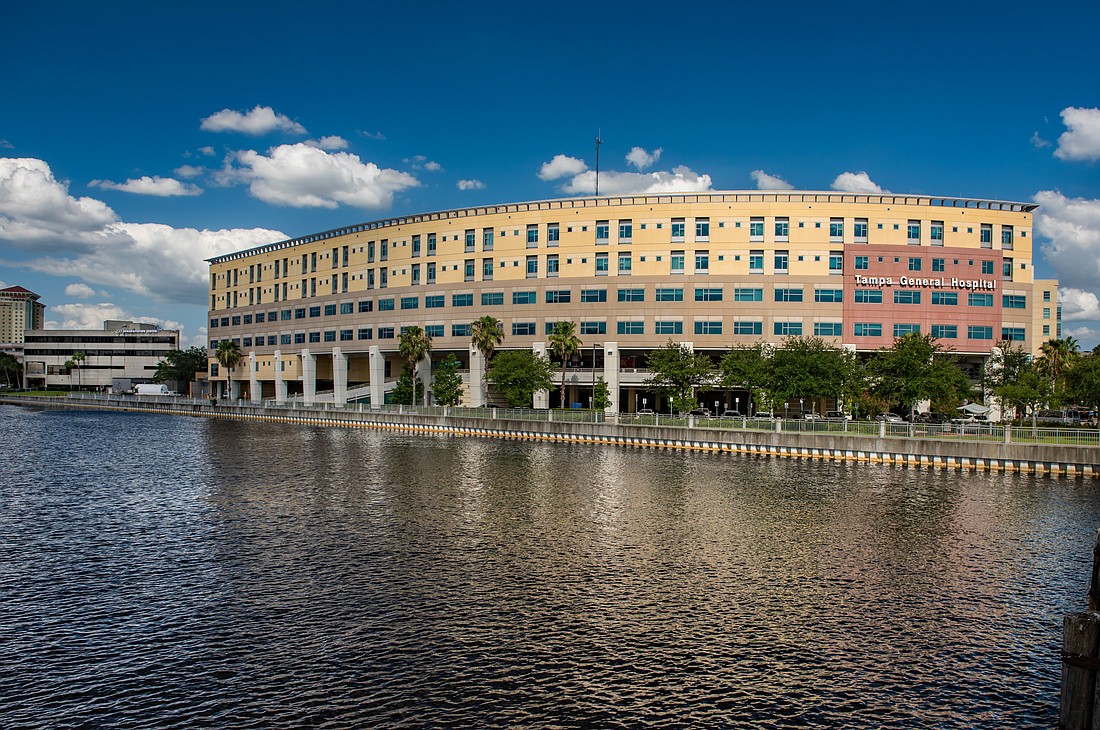- December 13, 2025
-
-
Loading

Loading

The leadership awards and accolades John Couris has received in six years as president and CEO of Tampa General Hospital are nearly as long as the bridge people take to get to the 1,040-bed facility on Davis Island.
In just the past few months the list includes being named to Florida Politics’ list of The Top Influencers in Florida Health Care Politics and the Great Leaders in Healthcare list from Becker’s Hospital Review. It’s the second year in a row he made Becker’s list. Other recent pieces of recognition include: Modern Healthcare’s 2022 Top 25 Innovators list; the Tampa Bay Chamber H.L. Culbreath Jr. Profile in Leadership Award in 2021; and Florida Trend’s Florida 500 list of most influential business leaders statewide. And, while not an award, in August 2020 Gov. Ron DeSantis asked Couris to join the task force to reopen Floridas’ economy amid the pandemic — high-stakes recognition of his leadership capabilities.
Yet while awards generate social media likes and public attaboys, Couris would rather talk about something far less sizzling yet something he believes is far more essential to being a better leader: process.